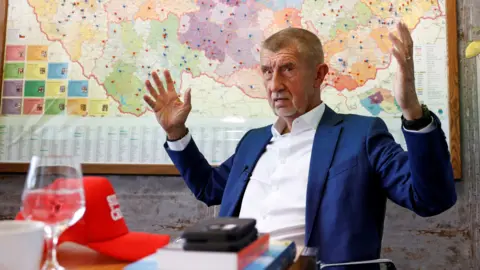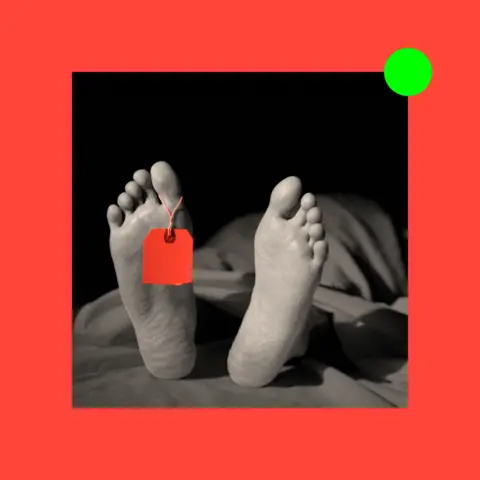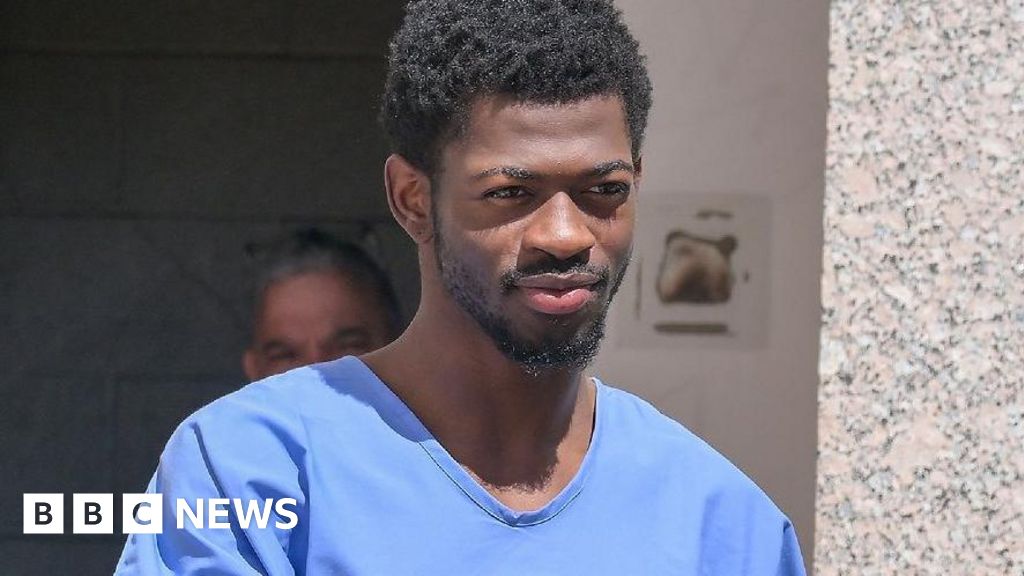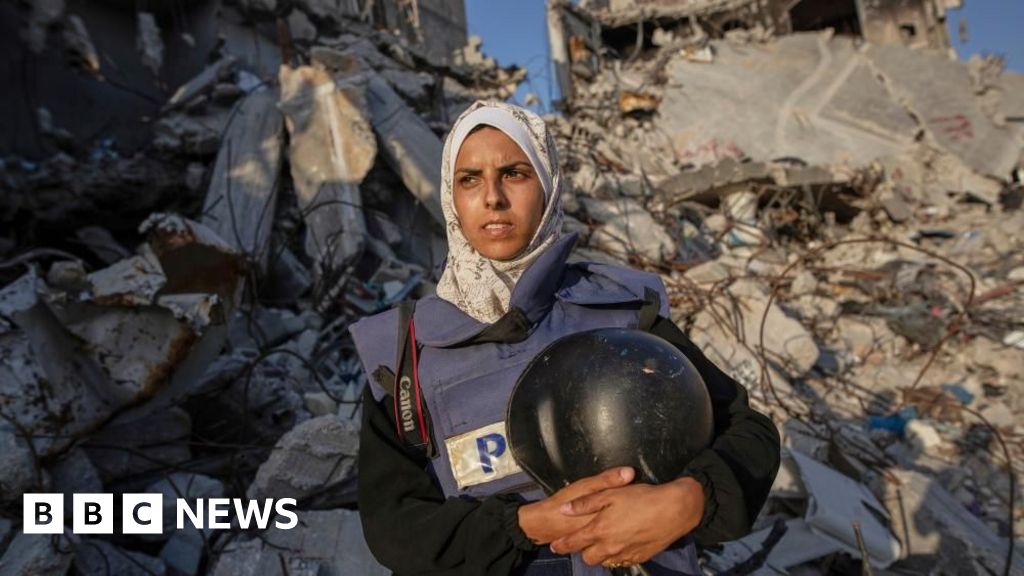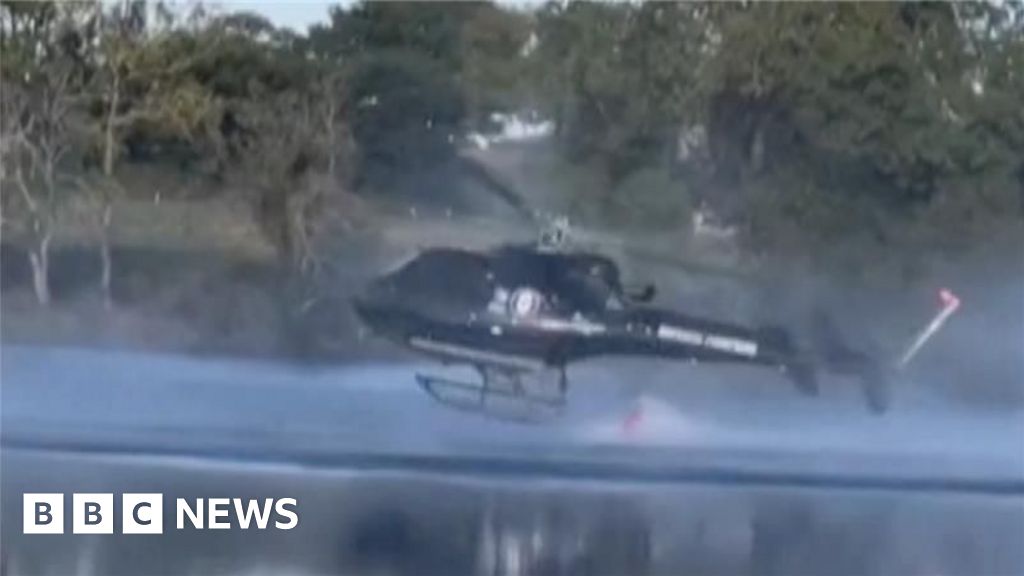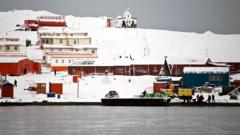Harrison's journey began when he received blood transfusions after a major surgery at the age of 14, which inspired him to become a donor. Commencing his plasma donations at 18, he generously continued this practice every two weeks up until he was 81. He held the world record for most blood plasma donated until 2022, contributing to that impressive statistic was his unique blood's ability to create antibodies that protect against hemolytic disease of the fetus and newborn (HDFN).
His daughter, Tracey Mellowship, shared that her father took immense pride in his role as a lifesaver, often emphasizing the ease of donating blood and the impact it could have on others, including potential family ties—her own family benefited from his donations. HDFN poses serious threats to babies when incompatible blood types lead mothers to produce harmful antibodies. Before the development of Anti-D treatments in the mid-1960s, half of the babies diagnosed with this condition faced dire consequences.
Currently, Australia has fewer than 200 regular Anti-D donors, but collectively, they aid about 45,000 mothers and their babies each year, as reported by the Australian Red Cross Blood Service, also known as Lifeblood. In collaboration with the Walter and Eliza Hall Institute of Medical Research, Lifeblood is striving to create lab-grown Anti-D antibodies to extend this life-saving treatment to a broader global audience. David Irving, Lifeblood's research director, highlighted the urgency of finding regular donors who can provide high-quality antibodies needed for ongoing research and medical advancements.
His daughter, Tracey Mellowship, shared that her father took immense pride in his role as a lifesaver, often emphasizing the ease of donating blood and the impact it could have on others, including potential family ties—her own family benefited from his donations. HDFN poses serious threats to babies when incompatible blood types lead mothers to produce harmful antibodies. Before the development of Anti-D treatments in the mid-1960s, half of the babies diagnosed with this condition faced dire consequences.
Currently, Australia has fewer than 200 regular Anti-D donors, but collectively, they aid about 45,000 mothers and their babies each year, as reported by the Australian Red Cross Blood Service, also known as Lifeblood. In collaboration with the Walter and Eliza Hall Institute of Medical Research, Lifeblood is striving to create lab-grown Anti-D antibodies to extend this life-saving treatment to a broader global audience. David Irving, Lifeblood's research director, highlighted the urgency of finding regular donors who can provide high-quality antibodies needed for ongoing research and medical advancements.









